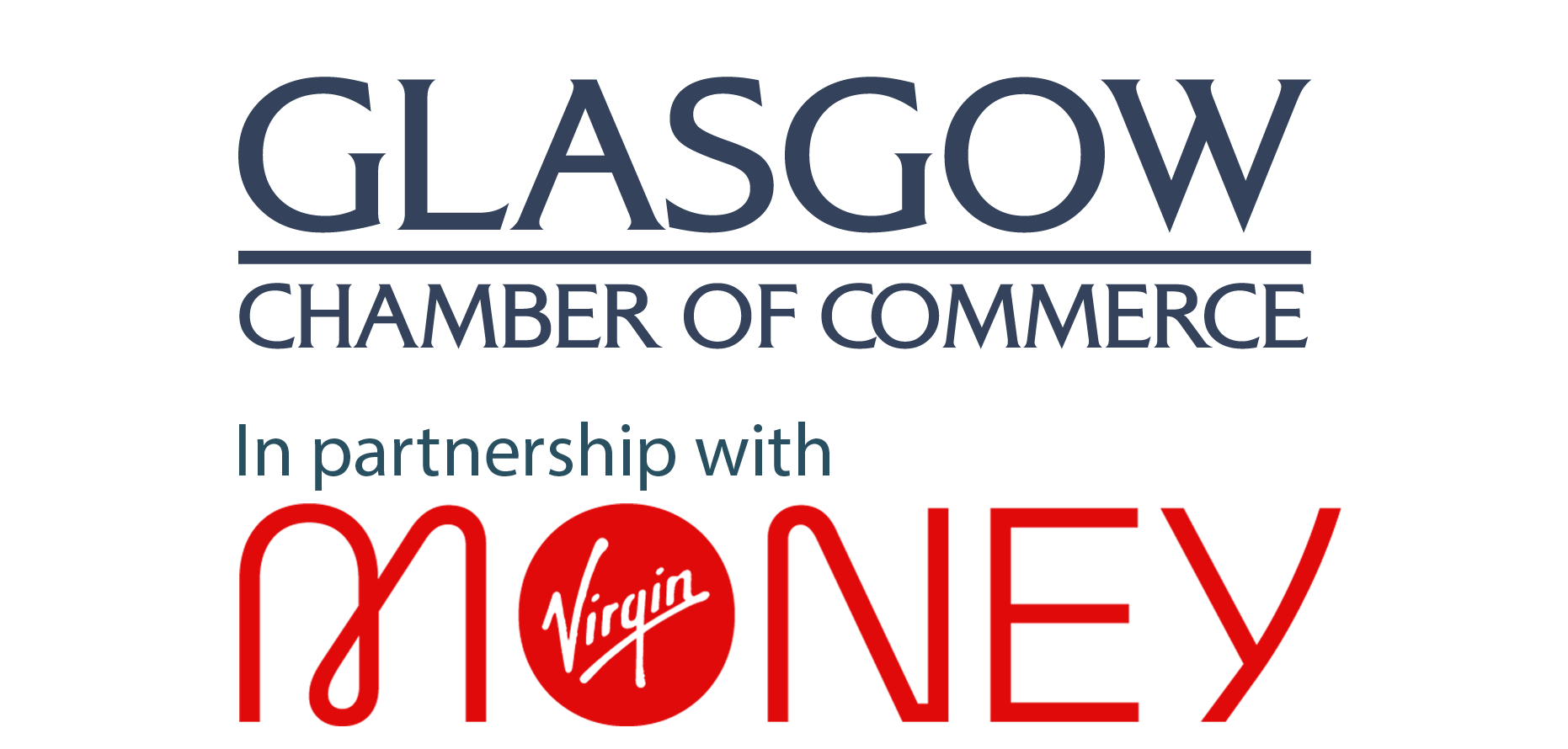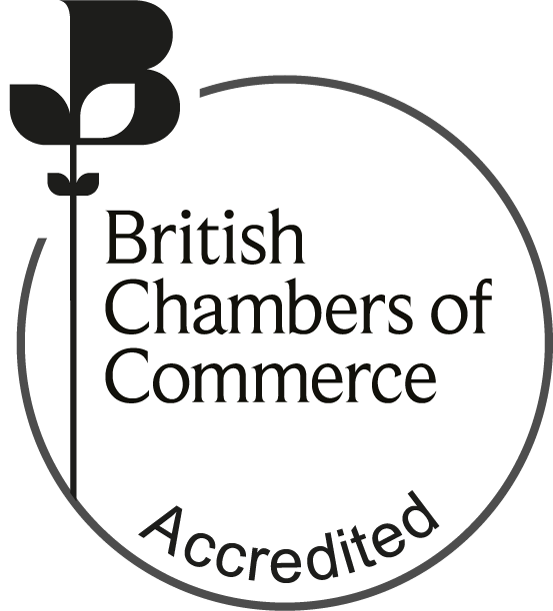Glasgow deserves to be a Freeport
15 June 2022
Last week Glasgow Chamber of Commerce along with other local Chambers in the west of Scotland supported the Clyde Green Freeport bid which has been officially announced. Two Scottish regions will be selected, and the designated areas will benefit from tax reliefs, simplified customs procedures, streamlined planning processes to boost redevelopment, and government support to promote regeneration and innovation.
The Clyde bid is multi modal and very much a public-private partnership of the region’s councils, together with Glasgow Airport, Peel Ports and Mossend International Rail Freight Park and a range of local businesses all contributing towards a shared ambition.
There is a strong and compelling case for this bid to be successful as it would bring enormous benefits to the local community. Since the region is at the heart of the Scottish economy, currently providing almost 30% of the country’s business base and 34% of its jobs it stands to reason that the bid is good for trade for the whole of Scotland.
The timing of the bids is important and comes as eight new members have just been appointed to a prestigious Trade advisory group, with the aim of growing Scotland’s exports and delivering on the objectives of ‘A Trading Nation’. The creation of the Clyde Green Freeport would be a massive step forward in helping to achieve this ambition of increasing exporting businesses from Scotland.
The bid also comes at a time when the British Chambers of Commerce network is urging UK political leaders to aim for bold reforms to boost world trade in goods and services and it believes too many smaller businesses are still missing out on export opportunities.
A Green Freeport in the West of Scotland would deliver practical support for many of our businesses and areas which already have Freeport status such as Teesside Freeport in Middlesbrough is hopeful of creating 18,000 jobs and has secured multimillion-pound investment from GE Renewables to build a new offshore wind blade manufacturing plant.
The businesses operating from within this freeport can already import raw materials without tariffs and only pay a levy on finished goods when they leave. The goods may also be exported without UK duties having to be paid- something which would heavily benefit Scotland and its exporting objectives.
The multi modal nature of the Clyde bid and the region’s connectivity are key and the private sector partners include James McSporran, Port Director at Peel Ports’ Clydeport who said:
“With its origins on the Clyde going back to 1858 initially as Clyde Navigation trust, Clydeport has been a mainstay of supporting industry by importing and exporting goods growing to 1 million tonnes of cargo from its KGV facility to 60,000 containers moving through Greenock’’.
While Ronald Leitch, operations director at Glasgow Airport, said:
“Already home to British Airways, Rolls Royce, the National Manufacturing Institute Scotland and Boeing, becoming a freeport will unlock huge development potential at the airport cluster and bolster the west of Scotland’s global reputation as a centre of excellence for aerospace and advanced manufacturing’’.
The Glasgow City Region has a track record of success in delivery such as one of the UK’s largest and most advanced City Deals, Commonwealth Games, COP26 and has unparalleled connectivity and the bid will of course build on the legacy of COP26 and drive an extensive programme of decarbonisation – including a modal shift to cleaner logistics by air, rail and sea and building on projects in district heating, electric cranes, a solar park and carbon neutral ports. The bid is likely to create tens of thousands of jobs, regenerate 600 hectares of vacant and derelict land in key sites along the Clyde and accelerate our world-class innovation eco-system.
The Glasgow City Region is Scotland’s economic powerhouse with exporting and innovation in our DNA . Two Scottish regions will be selected for Green Freeport status in the next few months and we are determined to be one of them.
This article was first published in The Herald on Wednesday 15 June 2022


